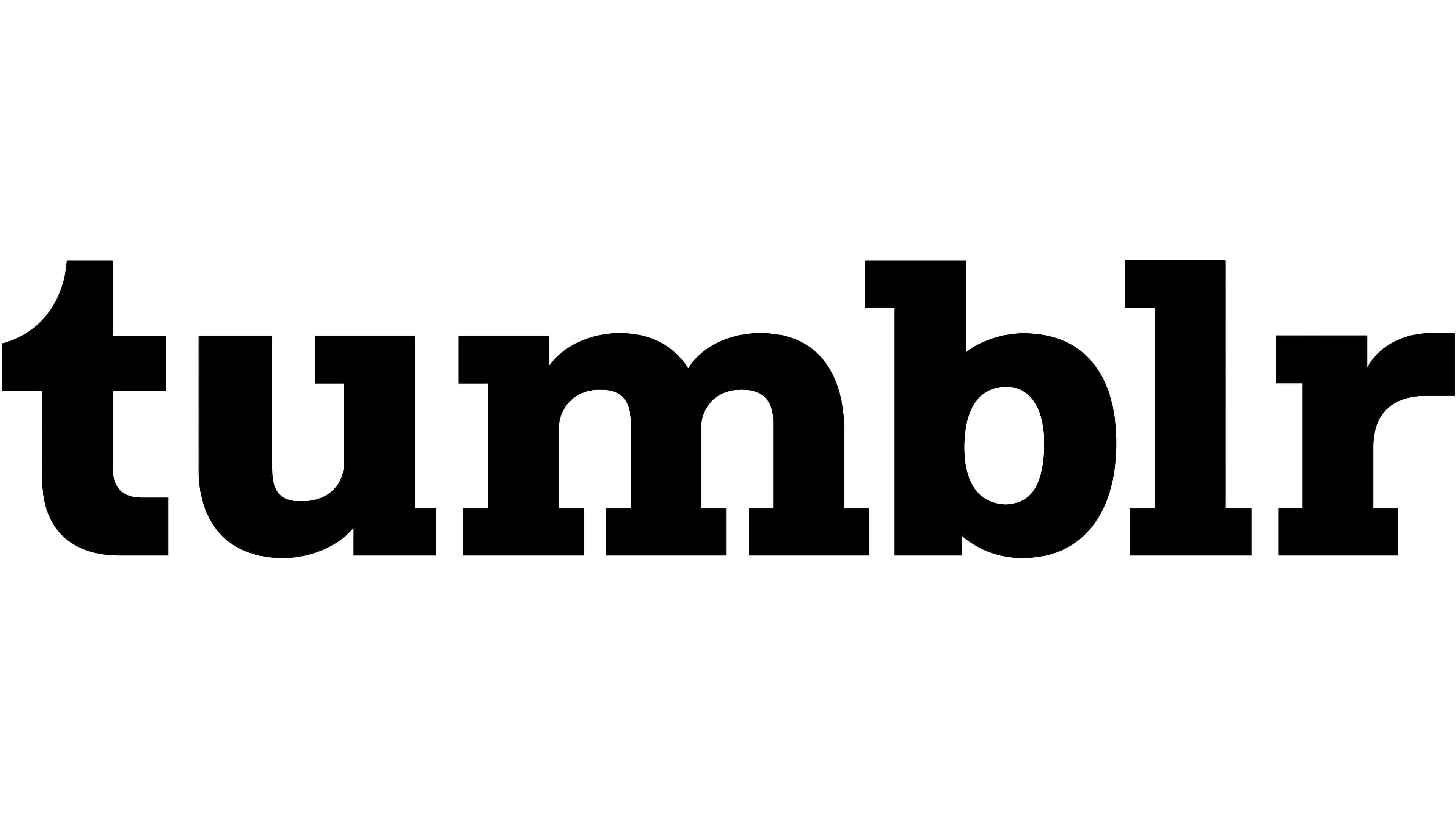Tumblr is a micro-blogging platform that has remained consistently popular since its founding in 2007. It is one of the world’s most widely used blogging ecosystems, with a strong and reliable user base and well over 574.7 million blogs, 135 million monthly active users, and well over 9 million daily posts. Despite its ongoing popularity, Tumblr has a very complicated history regarding nudity, pornography, and adult entertainment content. Up until a controversial terms and services update in 2018, Tumblr was a bastion for adult content – especially virtual pornography and LGBTQ material. But this was an extremely risky business change for the company’s ownership at the time.
Tumblr banned adult content on December 17, 2018. This was due to a proliferation of pornography, hate speech, and inappropriate content on the platform. Tumblr adopted this policy after the Apple App Store removed its mobile app in November 2018 after child sexual abuse material (CSAM) was found on the platform. This led to a political and social moral panic that drove Tumblr to adopt very stringent policies on adult content. Tumblr’s policy change was presented as a proactive means to counter CSAM and other image-based sexual abuse material that is non-consensual and illegal.
Tumblr Adult Content Ban
At the time, users of Tumblr were extremely divided on the ban, with many criticizing the move as a violation of the free speech rights of users who upload consensual, legal adult content to the site.
In response, Tumblr also deployed a filtering algorithm to detect and remove content that violated the site’s terms and conditions. The Electronic Frontier Foundation (EFF), a digital civil liberties group that is active in advocating for the defense of legal sexual speech on the internet, pointed out that the ban on content and Tumblr’s adoption of content filtering wasn’t a viable solution.
In an analysis of the adult content ban, EFF outlined that the filter Tumblr deployed failed to detect what was viewed as adult content per the new terms and conditions. Apparently, the content filters flagged random objects like a boot-scrubbing patent design, a pair of jeans, a tire with tread, a pool floatie shaped like a flamingo, and other random posts found across the tens of millions of posts on the platform at the time. Another case study discussed by EFF includes the case of Sarah Burstein, a professor of law at Suffolk University Law School, in Boston, who blogged about design law and intellectual property for patents and copyrights on physical products – e.g., the boot-scrubber.
Shortly after the ban was put in place, Burstein began getting notices that her posts on her design law Tumblr blog got flagged for being potentially sexual content. Other examples, via anecdotes and a review of social media from the time, revealed that the filter algorithm was not doing its job as advertised and had to be quickly retooled and troubleshooted. But the adult content ban was just one chapter in the uniquely colorful business history of Tumblr and its blogging communities.
Currently, Tumblr is owned by Automattic. Automattic is the parent company of the world’s largest hosted WordPress provider, WordPress.com. The company has a portfolio of digital content and web marketing platforms, including the e-commerce ecosystem WooCommerce, podcast directory Pocket Casts, workflow management software Happy Tools, and various other digital properties.
Tumblr Changing Ownership and Management
Ironically, Automattic acquired Tumblr for only $3 million in 2019. That is a dramatic decrease compared to the $1.1 billion that tech giant Yahoo paid. During that same year, Yahoo told investors that it lost well over $4.4 billion in fourth-quarter revenue in 2015. After a net loss, Yahoo wrote down the value of Tumblr by $230 million at the time. In 2017, Tumblr was inherited by Verizon when Yahoo was purchased by them and Apollo Global Management, an equity firm that is in New York.
Automattic bought the property for the insane markdown of $3 million, with them promising not to screw it up. Interestingly enough, it appears that the currentownership of Tumblr has actually done much more than either Yahoo or Verizon did prior. As mentioned, the issue surrounding the adult content ban is an adjustment of terms, services, and policies to counter CSAM and other potential abuse material found on Tumblr. But it’s important to understand the history and context of this business.
As mentioned, Automattic is the parent of WordPress.com, which allows narrow cases of sexual expression and nudity based on its terms and conditions. WordPress.com permits mature content, including text, images, and videos that contain nudity, offensive language, and mature subject material. However, websites that contain such content must be marked as mature in our system.”
Dissecting Mature Content Policies
The mature content policy for WordPress.com adds that material that is actually content produced by an adult entertainment studio is prohibited. Tumblr’s policies are quite similar. Gustavo Turner, the outlet’s news editor for XBIZ, reported in November 2022 that the platform now permits some mature content in a fashion that is quite similar to how Automattic administers these policies on WordPress.com. Turner pointed out Tumblr’s new community guidelines to include “a broader range of expression, creativity, and art” that does include an artistic definition of “the naked human form.”
Like WordPress.com, Tumblr doesn’t permit content from an adult studio or website like Brazzers. In this more recent change of policy, it’s important to note that Automattic still has an institutional position against hosting legally produced pornography content on their proprietary web platforms.
Matt Mullenweg, CEO of Automattic, wrote a blog post in September 2022 arguing that credit card companies are anti-porn and the internet (based on the current political and social outrage against the porn industry in places like the United States) is a challenging market environment for the adult industry. Mullenweg, self-described as “personally extremely libertarian,” wrote that he hopes “that a dedicated service or company is started that will replace what people used to get from porn on Tumblr.” “It may already exist and I don’t know about it,” Mullenweg also wrote. “They’ll have an uphill battle under current regimes, and if you think that’s a bad thing please try to change the regimes.”
Remember that WordPress.com is not WordPress.org. WordPress.org is open-source and run by a non-profit group that has absolutely no limitation on pornographic content. In fact, very popular adult porn websites are currently operating on the internet built on open source or an adult-friendly hosted WordPress CMS kernel. We cover WordPress at length in other blog posts on this very blog.
Read more on Adult Site Broker’s official blog:
Financial Discrimination In Adult Entertainment
Section 230, The Supreme Court, And Why Adult Industry Companies Should Pay Attention
SpankPay And The Current State Of Adult Crypto
Adult Site Broker thanks you for reading this blog post. If you want to learn more about buying or selling websites, please contact us here. Our team of experienced web brokers is here to help.



